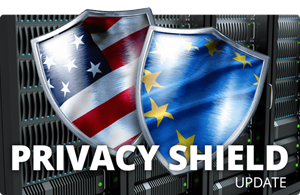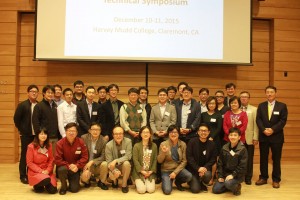
- The European Commission adopted the EU-US Privacy Shield on July 12, 2016 as a replacement for the Safe Harbor rules that were overturned by the European Court of Justice in October 2015. This new framework protects the fundamental rights of anyone in the EU whose personal data is transferred to the United States as well as bringing legal clarity for businesses relying on transatlantic data transfers. The new EU-US Privacy Shield is an example...
- The European Commission adopted the EU-US Privacy Shield on July 12, 2016 as a replacement for the Safe Harbor rules that were overturned by...


